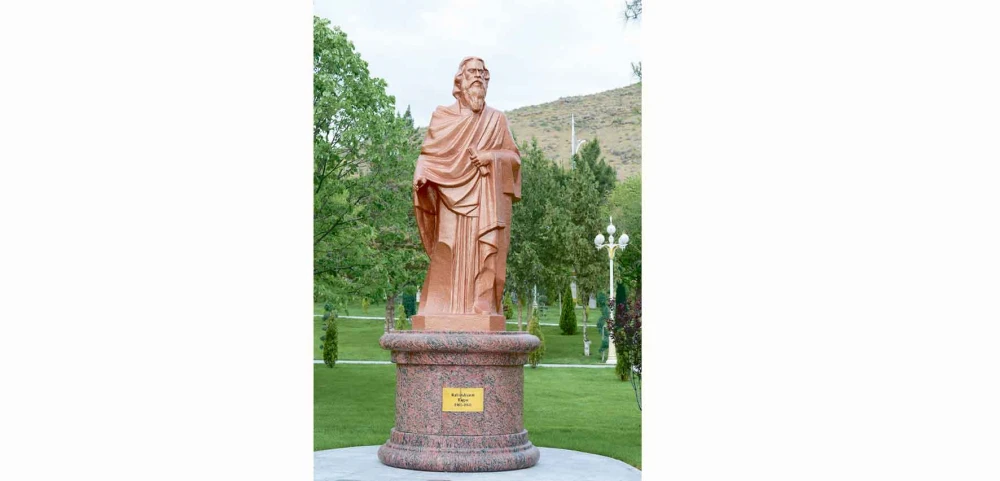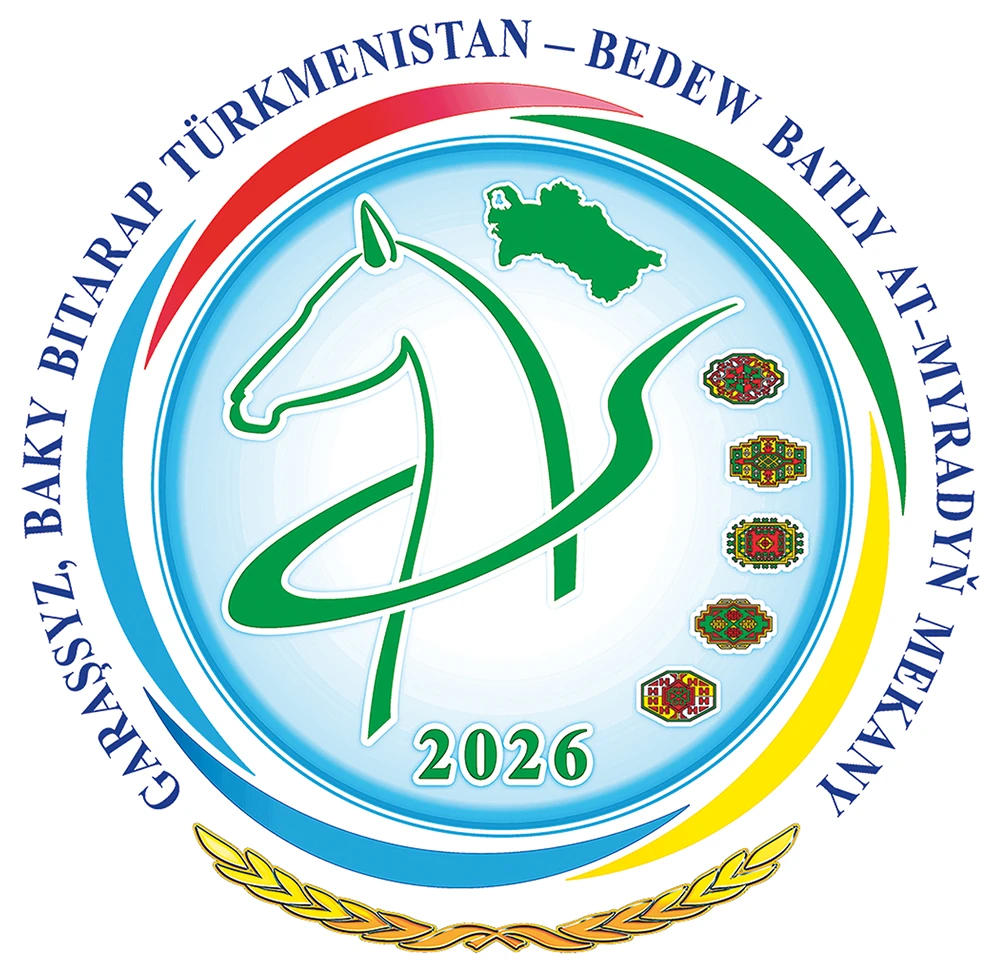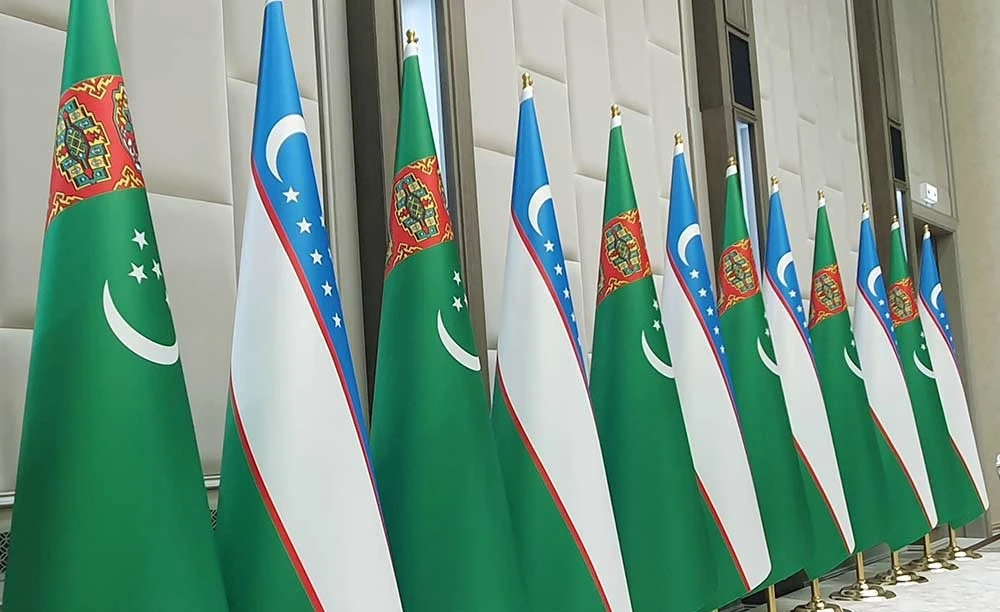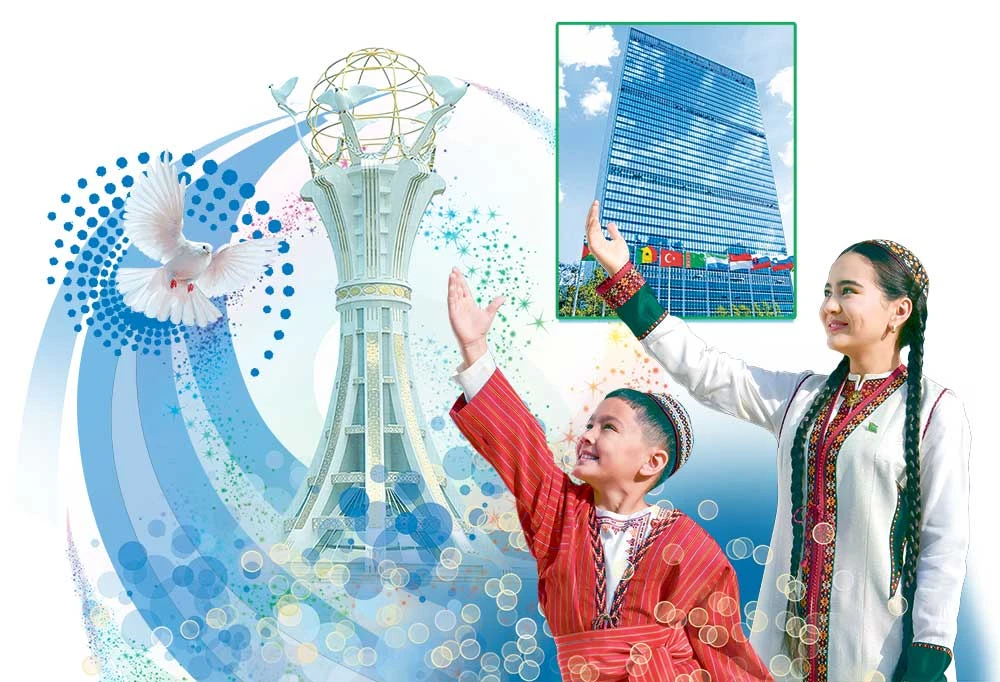
19/06/2024
1911
Rabindranat Tagor
Humanity and art were closely related. Everyone is interested in some form of art. Some are interested in music, some are interested in photography. The world of art decorates and enlivens the human spirit. Perhaps the most spiritual taste of art is fiction. There is no one who is not interested in literature and does not read works of art. Rabindranath Tagore is one of the most famous poets in literature and the famous Indian writer and social worker.
The youngest of 13 surviving children, Tagore (nicknamed "Rabi") was born on 7 May 1861 in the Jorasanko mansion in Calcutta, the son of Debendranath Tagore and Sarada Devi. Tagore was raised mostly by servants; his mother had died in his early childhood and his father travelled widely. The Tagore family was at the forefront of the Bengal renaissance. They hosted the publication of literary magazines; theatre and recitals of Bengali and Western classical music featured there regularly. Tagore's father invited several professional Dhrupad musicians to stay in the house and teach Indian classical music to the children. Tagore's oldest brother Dwijendranath was a philosopher and poet. Another brother, Satyendranath, was the first Indian appointed to the elite and formerly all-European Indian Civil Service. Yet another brother, Jyotirindranath, was a musician, composer, and playwright. His sister Swarnakumari became a novelist. Jyotirindranath's wife Kadambari Devi, slightly older than Tagore, was a dear friend and powerful influence. Her abrupt suicide in 1884, soon after he married, left him profoundly distraught for years.
Tagore largely avoided classroom schooling and preferred to roam the manor or nearby Bolpur and Panihati, which the family visited. His brother Hemendranath tutored and physically conditioned him—by having him swim the Ganges or trek through hills, by gymnastics, and by practising judo and wrestling. He learned drawing, anatomy, geography and history, literature, mathematics, Sanskrit, and English—his least favourite subject. Tagore loathed formal education—his scholarly travails at the local Presidency College spanned a single day. Years later he held that proper teaching does not explain things; proper teaching stokes curiosity.
As for his creativity, he received his primary education in Calcutta and then continued his studies at the University of London. He lived in England in 1878-1880 and was engaged in literature and music. The poet's collection of poems "Songs of the Evening", "Manoşlar", "Golden Boat", "Careless Songs, "Mountain" (, "Home and World. These works excite with their effectiveness and reveal the inner world of people like a magic amulet. They include life events and have qualities such as nobility, courage, and humanity. Rabindranath Tagore was awarded the Nobel Prize in 1913 for his book of poems "Unfortunate Songs".
Rabindranath Tagore’s short stories set during the British colonial era of India, perfectly depict the essence of Indian society. Although he predominantly centered the plot of his narrative within the geographical and cultural confines of Bengal, it cuts across the cultural reference with the emotional journey of the women in each of his short stories.
His writings focus on society’s expectations of women, exploring themes of their unconditional love, and inner turmoil. While reading through Tagore’s short stories, you realize the powerless position of women in our society and their ignorance burdened under the responsibility of a primary caretaker of their households.
“Mashi”
“‘Mashi” is a familiar Bengali term used to address an aunt. Though Mashi is the central character, this story touches upon marital dynamics and loneliness. Jotin is married to Mani, a young sprightly girl. Though Mani and Jotin never really had their way as husband and wife. Mani is a child at heart, who is unhindered by her husband’s serious illness. All she can think of is going home to her younger sister’s Annaprashan ceremony. Mashi is a widow who lost her husband at a young age. With that bitterness inside her, she cannot comprehend Mani’s desire to be happy. So the story is to be understood from Mashi’s perspective. Her affection for Jotin is absolutely on the pedestal. In her effort to soothe Jotin’s heart, she construes little lies about Mani’s love for him. The dedication and love of a wife are quantified in terms of spending sleepless nights weaving a shawl, cooking, and sobbing. This story shows the sad predicament of Mani, a young girl burdened with marriage, and her sheer inability to reciprocate Jotin’s love juxtaposed to an older Mashi. Mashi has learned to glorify a woman’s life tragedies and can only think of devoting her affections to a man in every form. Foreign poets are widely studied in our peaceful country that invests in literature and art. His works are translated into Turkmen and other languages and published in books. It is studied and printed in school books. In addition, literary works of foreign poets are translated into Turkmen language and presented to the public in "World Literature" magazines.
In an eternally neutral and independent our country, wide opportunities are created to be interested in art and literature. A clear example of this is the "Magtymguly Pyragy" cultural-tourist complex, which was built and opened recently under the leadership of Sardar Arkadagly. The fact that the head of state of Turkmenistan Serdar Berdimuhamedov erected beautiful statues of poets of world countries in this park gives this park a special glow. One of those statues is Rabindranath Tagore, one of the famous writers of India. This is a clear sign that the Turkmen people pay attention to Indian literature, and love to read fiction, stories, and novels by Indian.
Also, the park, which brings together the statues of famous classical poets and world-renowned thinkers representing different countries and regions, further expands the cultural diplomacy of our country.
Mahym NARMYRADOWA,
the 2 nd year student of the Faculty of International Journalism
of the Institute of International Relations
of the Ministry of Foreign Affairs of Turkmenistan.


